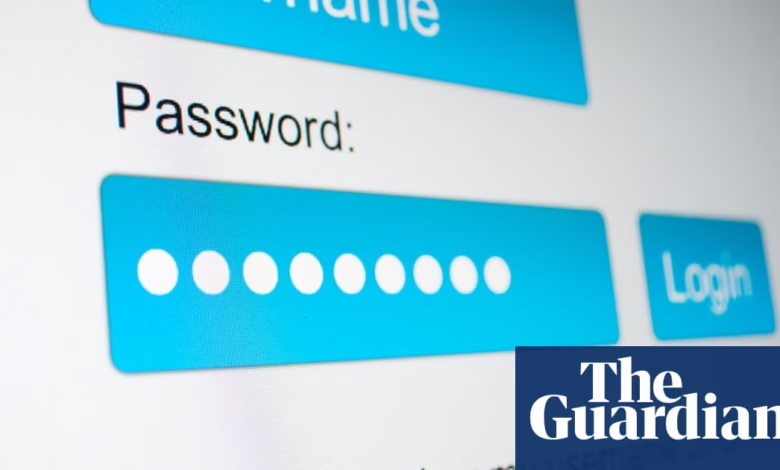16 Billion Logins Exposed: Change Your Passwords Now

▼ Summary
– Researchers discovered 30 datasets containing 16 billion login records, potentially exposing sensitive information from infostealers and leaks, urging users to enhance digital security.
– The datasets included credentials for services like Facebook, Apple, and Google, though no centralized breach occurred at these companies.
– Cybersecurity experts suspect much of the data is repetitive and already in circulation, making its impact difficult to verify.
– Recommendations include updating passwords, using multifactor authentication, and tools like password managers to protect accounts.
– The findings highlight the vast amount of data accessible to cybercriminals and emphasize the need for proactive security measures.
A staggering 16 billion login credentials have been exposed online, prompting urgent calls for users to strengthen their account security. Cybersecurity experts warn that this massive trove of data could give hackers access to sensitive accounts across major platforms, including Facebook, Apple, and Google.
The discovery came from researchers at Cybernews, who identified 30 separate datasets containing stolen credentials gathered through malware known as infostealers, along with information from past breaches. While the datasets were only briefly accessible before being removed, the sheer volume, 16 billion records, highlights the alarming scale of exposed personal data.
Bob Diachenko, the cybersecurity expert who uncovered the leak, explained that the files were temporarily stored on poorly secured remote servers. He plans to notify affected individuals and companies, though verifying the exact number of unique accounts remains challenging due to potential duplicates. Some experts remain skeptical, suggesting much of the data may already be circulating among cybercriminals.
The exposed credentials follow a structured format, including login URLs, usernames, and passwords. While Google confirmed the leak didn’t originate from their systems, they urged users to adopt stronger protections like password managers and multifactor authentication (MFA). Similarly, Meta and Apple have yet to comment, but the breach underscores the growing threat of credential theft.
Security professionals emphasize proactive measures to mitigate risks:
- Update passwords regularly, especially for critical accounts.
- Enable MFA wherever possible to add an extra layer of security.
- Use password managers to generate and store complex, unique passwords.
- Monitor accounts for suspicious activity via tools like Have I Been Pwned.
Peter Mackenzie of Sophos noted that while the leak is concerning, it’s not a new threat, just a stark reminder of how much data criminals already possess. Meanwhile, Toby Lewis of Darktrace pointed out that infostealers, the malware behind much of this theft, remain a persistent danger, scraping login details from browser data rather than directly hacking accounts.
Cybernews described the datasets as a potential “blueprint for mass exploitation,” enabling account takeovers, identity theft, and sophisticated phishing attacks. Although the exposure was brief, the incident reinforces the need for zero-trust security models, where continuous verification is key.
As Alan Woodward, a cybersecurity professor, put it, this breach should serve as a wake-up call for “password spring cleaning”, regularly auditing and updating credentials to stay ahead of cyber threats. With data breaches becoming inevitable, robust security habits are no longer optional.
(Source: The Guardian)





